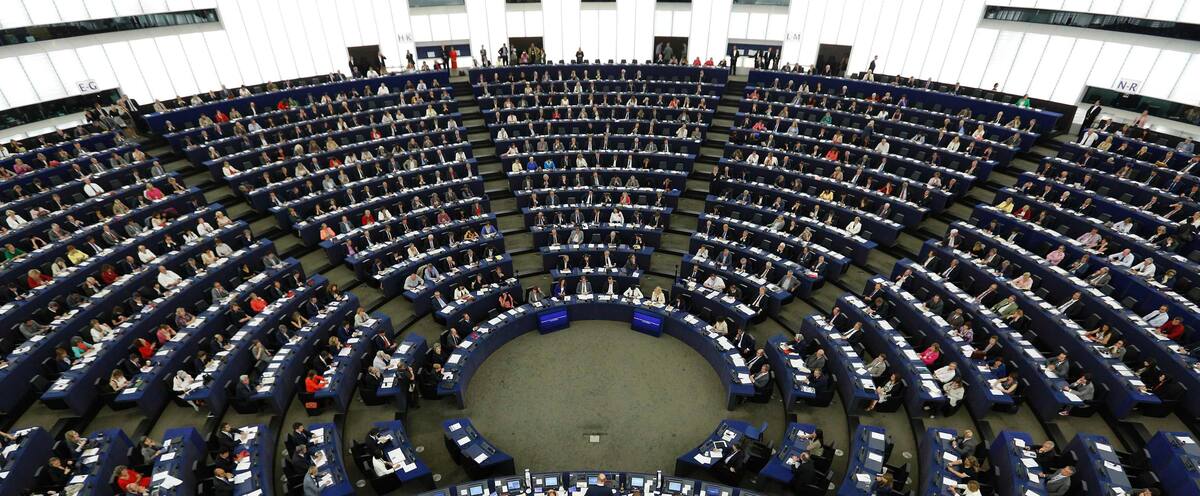The Council of Europe points in a report published Monday “gaps” in the protection of personal data after scrutinizing the measures taken to fight against the Covid-19 epidemic, also regretting the lack of “interoperability »Digital solutions between different countries.
The purpose of the report is to assess compliance with “Convention 108”, relating to the protection of personal data and ratified by 55 European, African and Latin American countries.
The Council of Europe underlines that, in some countries, personal data has been collected or processed “without an appropriate legal basis”. He points out in particular the use of surveillance drones, in Greece or in France, during and after the confinement period, in the absence of an “explicit legal framework”.
The use of drones by the Paris police prefecture had also been the subject of an appeal filed by the League of Human Rights and the Quadrature du net before the Council of State, which had ordered the immediate cessation of their use.
The pan-European organization, which has 47 member states and sits in Strasbourg, also regrets the fact that in some countries, the collection or use of certain data has been permitted even without the consent of the persons concerned. Thus, in Russia or Turkey, the use of a mobile tracking application by Covid-19 patients is mandatory.
In other cases, data collected for health use has been made available to the police or other authorities. In Hungary, for example, university hospitals are forced to transmit data relating to their students to the police, so that they can be contacted in the event of a lack of medical staff, according to the Council.
Finally, other countries such as Portugal, Romania and Slovakia have also published detailed data on people who have died from Covid-19, allowing them to be identified directly.
Emphasizing the “intrusive” nature of certain measures, the institution calls on the countries party to Convention 108 to limit temperature measurements at airports, borders or public places, and customer registers in cafes and restaurants to necessities. “Of public interest”, to respect a principle of proportionality, and to regulate these measures by law.
The Council of Europe also lists the various “digital solutions” put in place by States, mainly applications for tracing patients or contact cases. “Unfortunately, despite numerous calls for the coordination and interoperability of solutions, countries have developed very divergent systems, thus limiting their effectiveness,” deplores the institution.
 Canada Live NEWS – 24/7 Breaking Headlines & Updates Canada Live News is one of the largest news curating sites across Canada which is made exclusively for Canadian people.
Canada Live NEWS – 24/7 Breaking Headlines & Updates Canada Live News is one of the largest news curating sites across Canada which is made exclusively for Canadian people.
